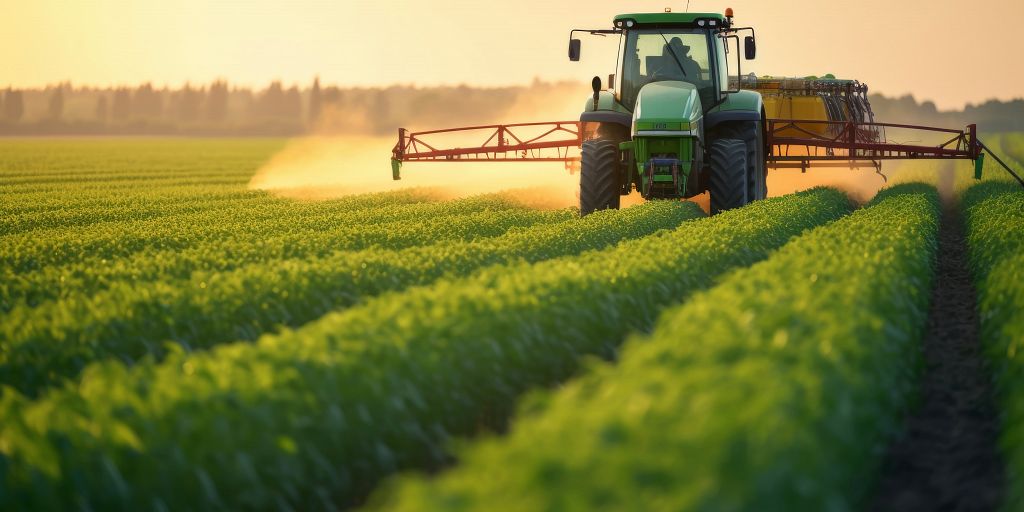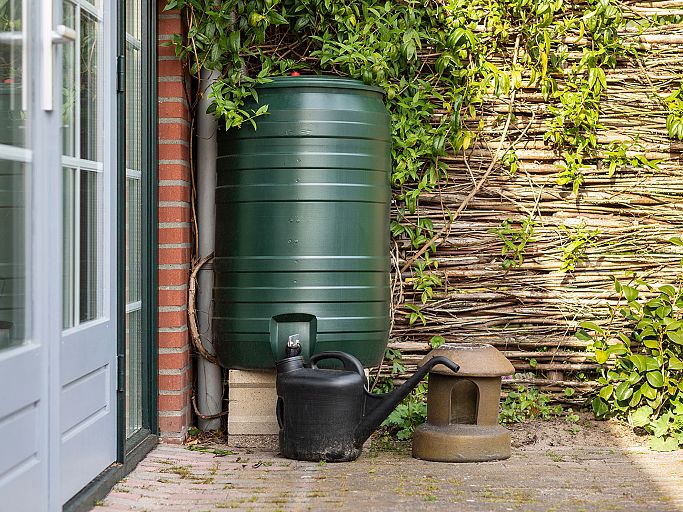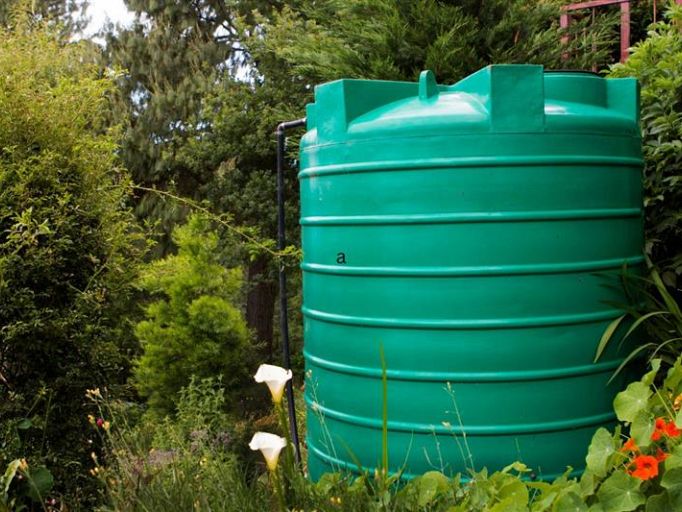- Oil
- Diesel
- Petrol
- AdBlue
- Water
- Sewage
- Hot Water Cylinders
-
Brands
- New Releases
- In Stock
- Sale
- Best Sellers
- Fuel Tank Hire
- More
-
Services
The Role of Plastic Water Tanks in Modern Agriculture
24th October 2023 in water

Plastic water tanks are an essential part of any modern agriculture set-up, playing a pivotal role in the various aspects of water management. These tanks (typically made from polyethylene or other durable plastics) have enhanced the ways that water can be stored, transported and used and have therefore revolutionised the agriculture industry.
1. Water Storage and Management
Water is a constant need in an agricultural setting and so perhaps the first and most essential use of water tanks is for storage. Rainwater harvesting needs year-round reservoirs so that farmers can collect and store water when it rains and then ‘recycle it’ for controlled use during dry periods. Using plastic tanks to house this natural water is a strategic necessity for a business which needs a working system which remains constant. It mitigates the impact of any water rarity, and provides a controllable supply. In other words, any dependence on erratic patterns of natural rainfall is reduced.
2. Rainwater Harvesting
Plastic water tanks play an important part in rainwater harvesting. By capturing rainwater run-off from rooftops and other surfaces where it gathers, farmers can channel it into their plastic tanks for later use. Plastic water tanks are ideal for long-term rainwater storage as they are durable and resistant to corrosion. Therefore, they are highly reliable.
3. Irrigation
Irrigation is crucial for controlling and maximising crop yields, and so an effective and efficient irrigation system is essential from the smallest agricultural setting to the largest. Plastic water tanks are a significant part of this important aspect of farming as they can be easily integrated into irrigation systems (including drip irrigation or sprinkler systems), and allow for precise and consistent water application directly where it is needed.
4. Portable Water Supply
Portable tanks are, as the name suggests, an efficient way of making the supply mobile - often mounted on trailers, these plastic tanks can be filled and shifted around the farm to different areas. This flexibility can be a great factor in enhancing water distribution, as it enables workers to respond easily and efficiently to specific crop requirements, making sure that water is delivered exactly where and when it is needed.
5. Emergency Supply
When a set of unforeseen circumstances (equipment failure, drought or contamination) upsets the natural working rhythm of an agricultural environment, an emergency supply of water can be the difference between a controllable situation and serious problems. Plastic tanks can provide a farm with a reliable contingency as, when problems strike, a farmer can mobilise stored water to sustain crops. Therefore, potential yield losses are negated.
6. Water Recycling
Plastic water tanks promote sustainable water use and are a great way to enhance any recycling initiative undertaken in an agriculture environment. Any effluent water from farm processes can be collected and treated in plastic tanks and then stored for reuse in irrigation or other important water-dependent processes and activities. This recycling conserves water resources and reduces the discharge of potentially harmful agricultural runoff into natural water bodies, mitigating environmental pollution.
7. Greenhouse Management
Smaller agricultural environments such as market gardens or garden centres also require total control over water management for the efficient operation of their business. Plastic water tanks play a key role in meeting the water demand, as they can be easily installed next to greenhouses and provide a regulated and reliable water supply. The ability to control temperature and nutrient content is an essential in optimising plant growth.
8. Liquid Fertiliser Storage
Water storage is not the only agricultural use of plastic storage tanks. They can also be used for the efficient storage and distribution of liquid fertilisers. With a little adaptation, these tanks can be used to ensure that the required nutrients are ready and available for the right crops as and when needed. Plastic tanks are non-reactive and therefore preserving the quality of fertilisers. As they can also be used in this way, once again plastic storage tanks are an essential part of any agricultural set-up.
9. Aquaculture
Traditionally, agriculture suggests field farming, i.e.. crops, and the benefits of plastic water storage tanks has been described at length elsewhere in this blog. However, plastic water tanks are also used in aquaculture – i.e.. fish farming. Tanks provide controllable environments for aquaculture, allowing control over parameters such as temperature, oxygen and concentration of nutrients. They are very well suited to withstand the challenges posed by aquaculture, as they are highly durable and resistant to corrosion. As a result of their ‘strength’, they are suitable to provide an important, reliable and secure part of any aquaculture business’s equipment infrastructure.
The durability and relatively long life of plastic water tanks make them a truly cost-effective investment for agricultural businesses such as farms. Traditional tank materials such as metal are likely to degrade over time, whereas plastic tanks are resistant to corrosion and should last much longer – therefore providing cost-effectivity as well as reliability. As we said right at the start, plastic water tanks are now an essential asset in modern agriculture, offering farms some truly versatile and sustainable hardware for water managem
One of the largest selections of tanks in the UK
Chat online or call us today on 01469 531229
Related Products
More Articles

Water Storage Tanks and the Environment
1st September 2022 in water

How to Clean a Drinking Water Tank
5th September 2022 in water

Can I Drink Water from a Water Storage Tank?
15th November 2022 in water

Why It's Important To Place Water Tanks In The Right Location
15th November 2022 in water
Help
About Us
My Account
Newsletter Sign Up
Inspiration direct to your inbox, please enter your email below...
Help About Us My Account
© Tanks R Us. All rights reserved. Registered in England. Registration number. 05804332. VAT number 364402764
Designed and produced by Kal Group